Category: Japanese investments in EU
-
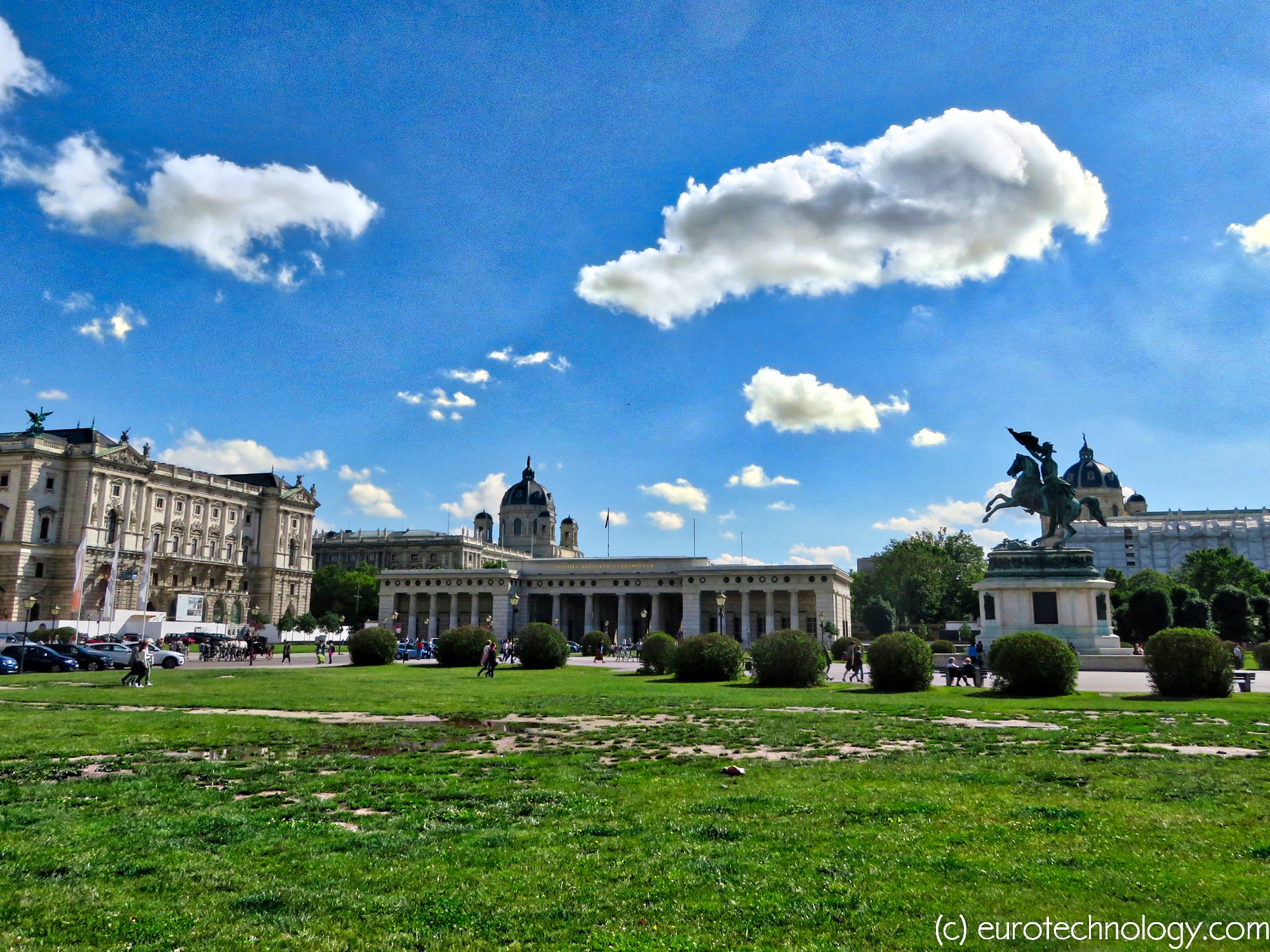
Nippon Express to acquire Austrian logistics company Cargo-Partner Group Holding AG
by Gerhard Fasol (12 May 2023) On 12 May 2023 Nippon Express (TSE:9147) announced the approval by the Board of Directors to acquire a majority of the Austrian logistics group Cargo-Partner Group Holdings AG and its subsidiaries. In total Nippon Express acquires 63 companies, the holding company Cargo-Partner Group Holding AG, and 62 subsidiary companies.…
-
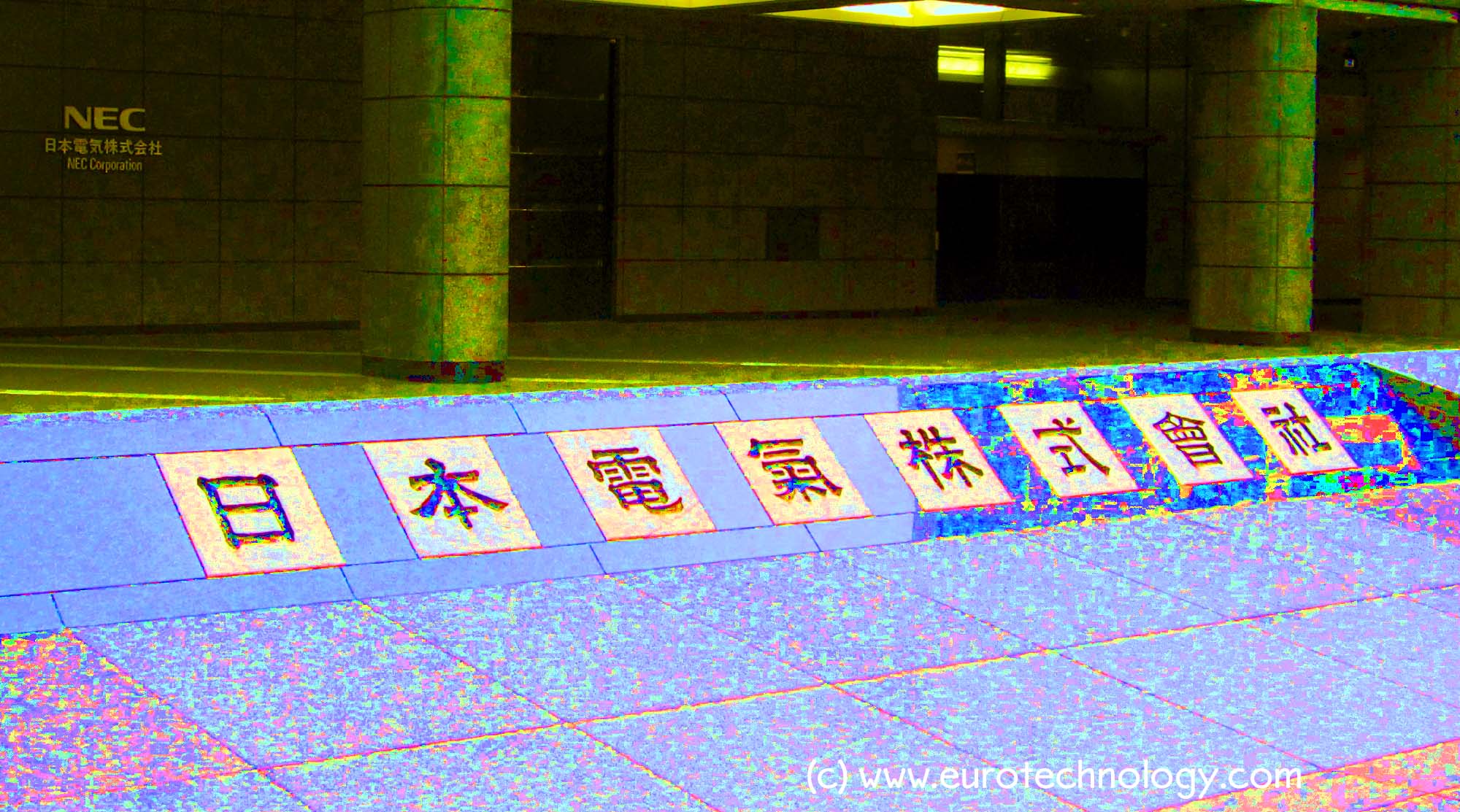
NEC acquires Aspire Technology
by Gerhard Fasol (1 July 2022) On 1 July 2022 NEC acquired Irish company Aspire Technology, financial terms were not disclosed, but we estimate company value on the order of €2 million. Aspire Technology Funding NEC https://en.wikipedia.org/wiki/NEC Copyright 2022 Eurotechnology Japan KK. All Rights Reserved.
-

Belgian ADx NeuroSciences acquired by Fujirebio for € 40 million
by Gerhard Fasol (23 June 2022) Fujirebio acquires Belgian ADx NeuroSciences for € 40 million, closing expected for July 2022. ADx NeuroSciences Fujirebio Holdings KK (富士レビオ・ホールディングス株式会社) H.U. Group Holdings, Inc. (H.U.グループホールディングス株式会社) Copyright 2022 Eurotechnology Japan KK. All Rights Reserved.
-
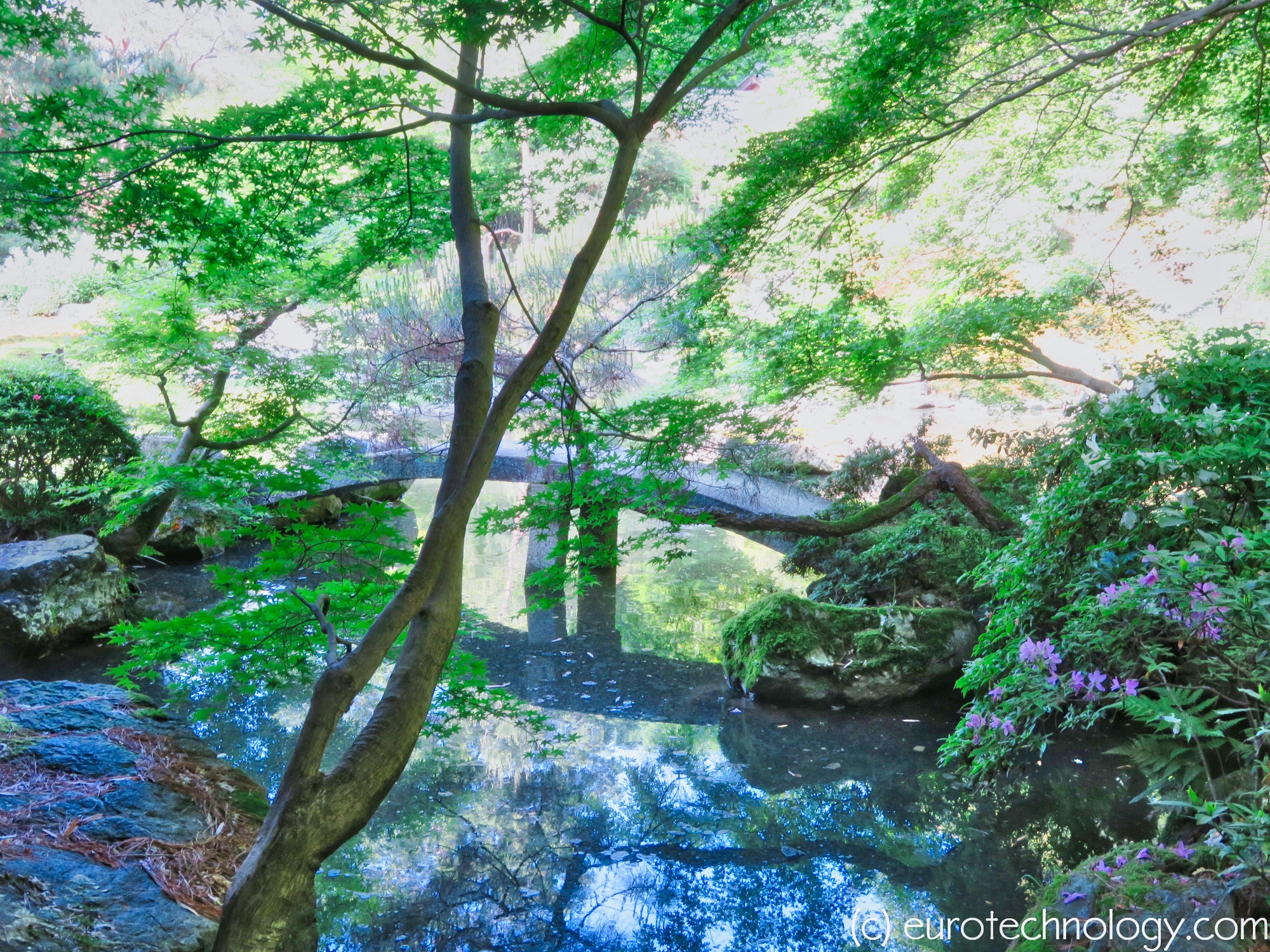
Asahi Kasei Medical acquires Austrian ViruSure Forschung und Entwicklung GmbH
by Gerhard Fasol (31 October 2019) Asahi Kasei Medical announced the acquisition of Austrian contract research firm ViruSure Forschung und Entwicklung GmbH based in Vienna (Austria). ViruSure Forschung und Entwicklung GmbH Asahi Kasei Medical KK (旭化成メディカル株式会社) Business divisions Copyright 2019 Eurotechnology Japan KK. All Rights Reserved.
-

NEC to acquire Denmark’s largest IT company KMD Holding ApS for about 8 billion Danish Kroner (approx. US$ 1.2 billion)
NEC Corporation announced on December 27, 2018 the acquisition of Denmark’s largest IT company, KMD Holding ApS, the holding company of KMD A/S for about 8 billion Danish Kroner (approx. US$ 1.2 billion) from the private equity group Advent International. This acquisition is in line with NEC‘s “Mid-term Management Plan 2020” to shift NEC towards…
-

Daikin acquires AHT for €881m (approx. 114.5 billion YEN)
Daikin Industries Ltd acquires Austria’s AHT Cooling Systems for €881m (approx. 114.5 billion YEN) by Gerhard Fasol World’s largest air-conditioning equipment maker expands to Europe On Monday 26 November 2018 Daikin Industries Ltd announced the planned acquisition of AHT Cooling Systems for €881m (approx. 100 billion YEN). Daikin Industries Ltd [TYO:6367], slogan: “The Future in…
-
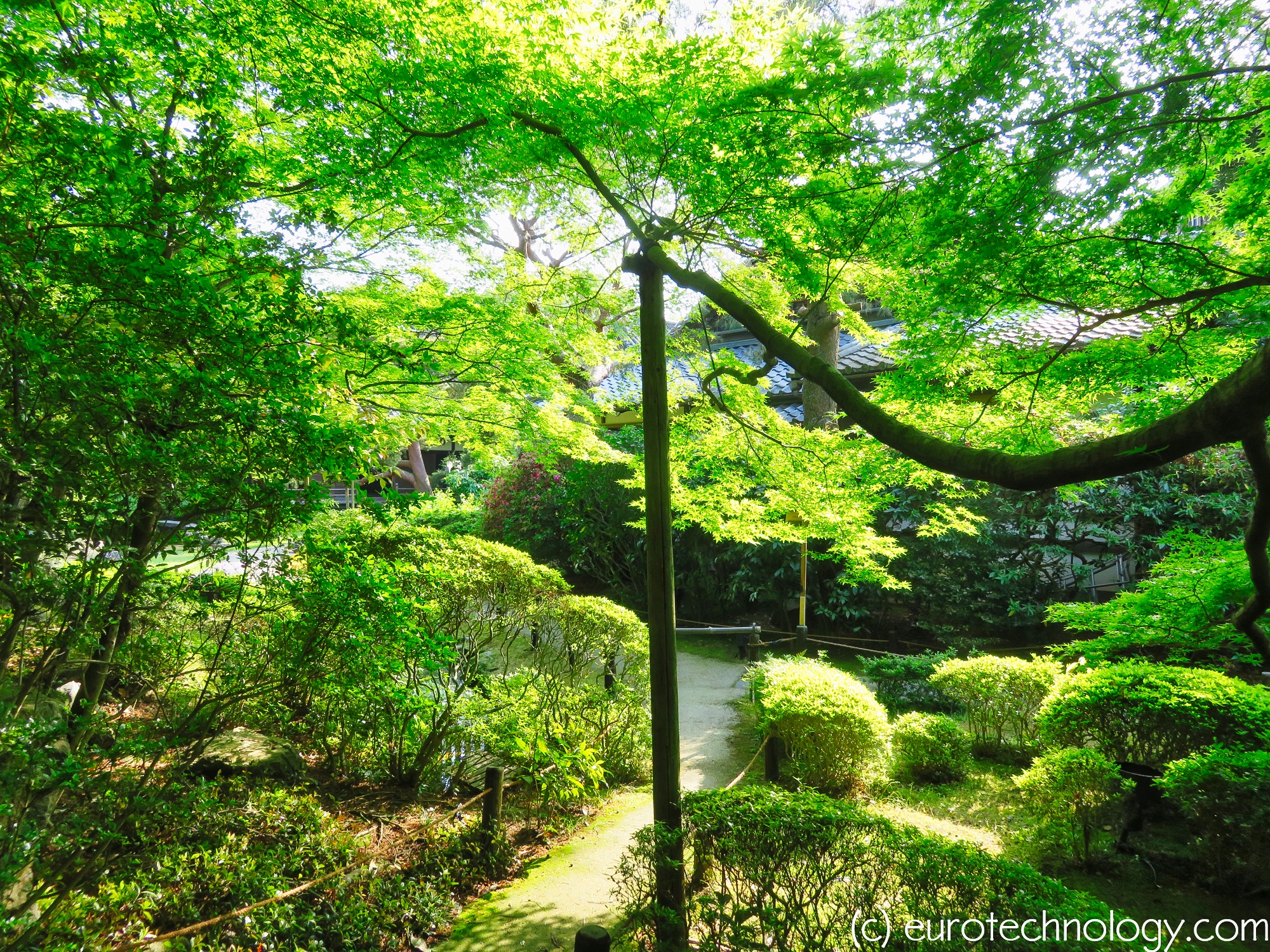
Sansei Technologies acquires Dutch roller coaster maker Vekoma
Sansei Technologies, based in Osaka (Japan), on 30 March 2018 acquired 100% of the Dutch roller coaster maker Vekoma. Vekoma Rides Manufacturing BV Vekoma Rides was founded in 1926, initially producing farming and mining equipment. Today Vekoma produces roller coasters and amusement park equipment including the Junior Coaster, the Suspended Family Coaster, Boomerang, Suspended Looping…
-
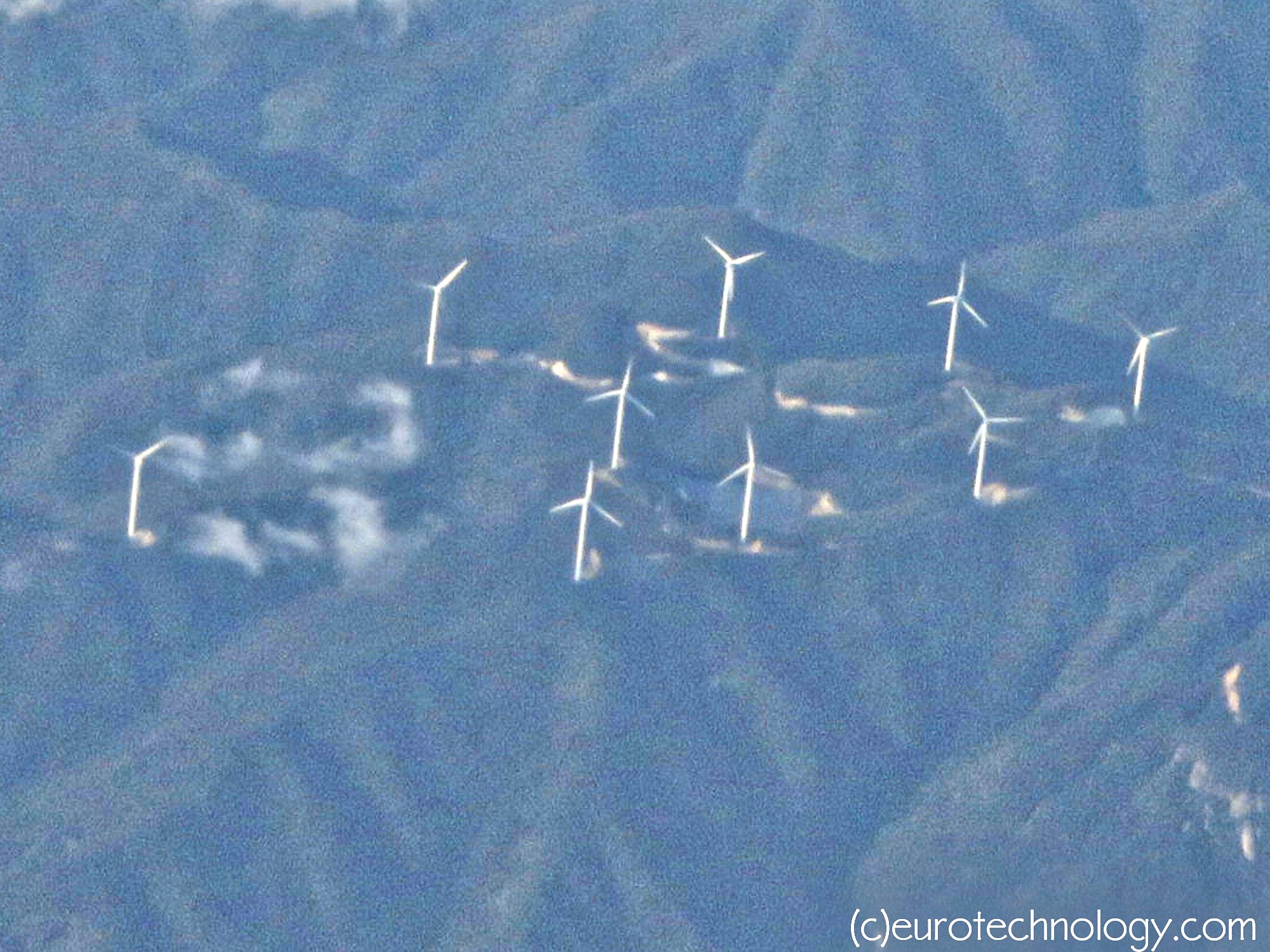
Irish wind energy €300m investment by Sojitz, Mitsubishi UFJ Lease & Finance and Kansai Electric Power Corporation
Japanese consortium of trading company Sojitz, Mitsubishi UFJ Lease & Finance and Kansai Electric invest in five Irish wind farms by Gerhard Fasol Irish wind energy €300m investment Irish wind energy investments were announced by trading company Sojitz, Mitsubishi UFJ Lease & Finance and Kansai Electric Power Corporation. Sojitz, Mitsubishi UFJ Lease & Finance and…
-
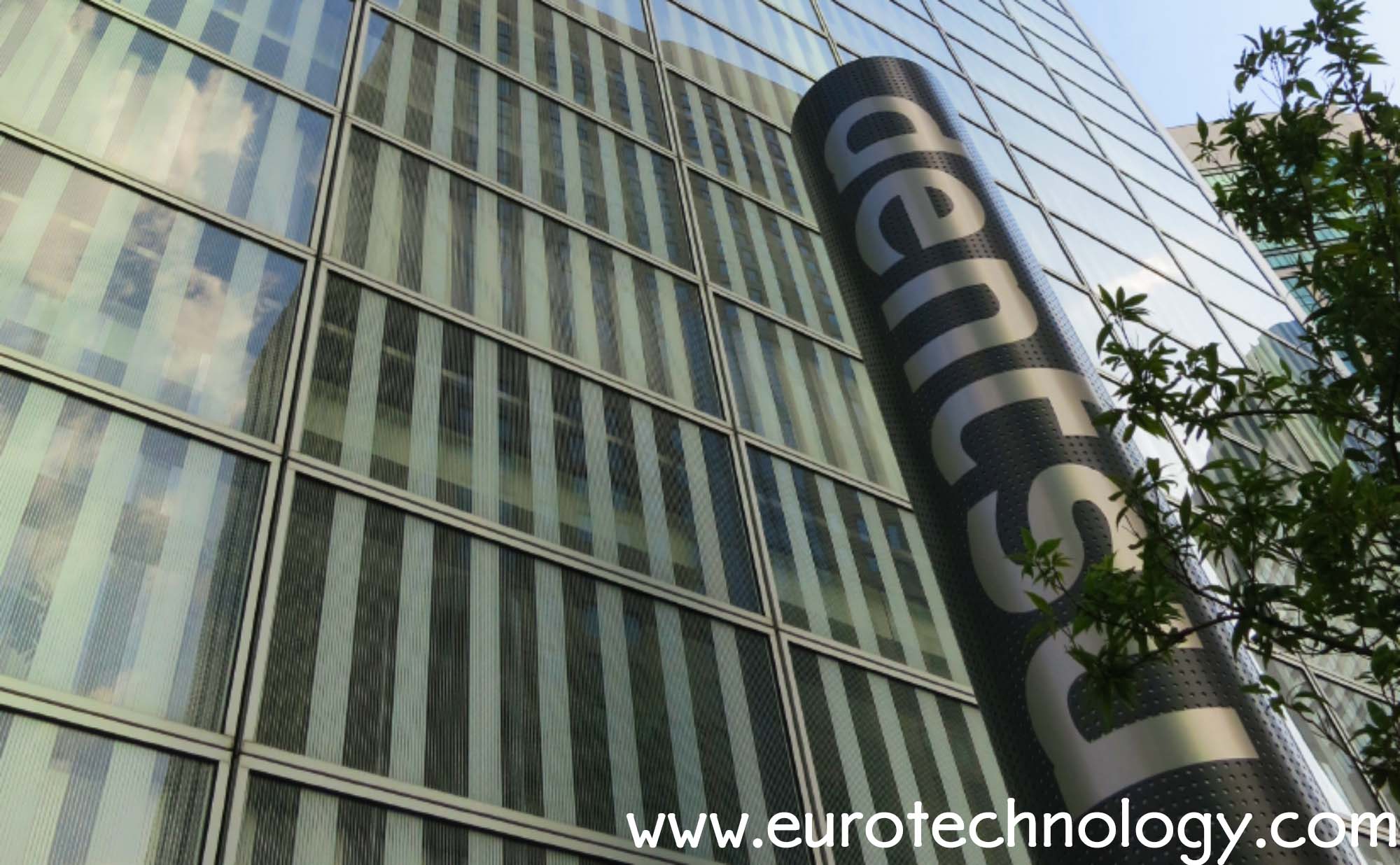
Dentsu acquires Gleam Futures via Dentsu Aegis Network as a cultural bridge
Dentsu uses London based Dentsu Aegis Network as a cultural bridge to acquire representation of about 40 YouTube stars Dentsu acquires Gleam Futures: invests to acquire 90% ownership Dentsu acquires Gleam Futures, who “develop, monetize & protect” digital-first talent, ie mainly YouTube focused stars. Japanese companies have a dramatically different culture than Western, European or…
-
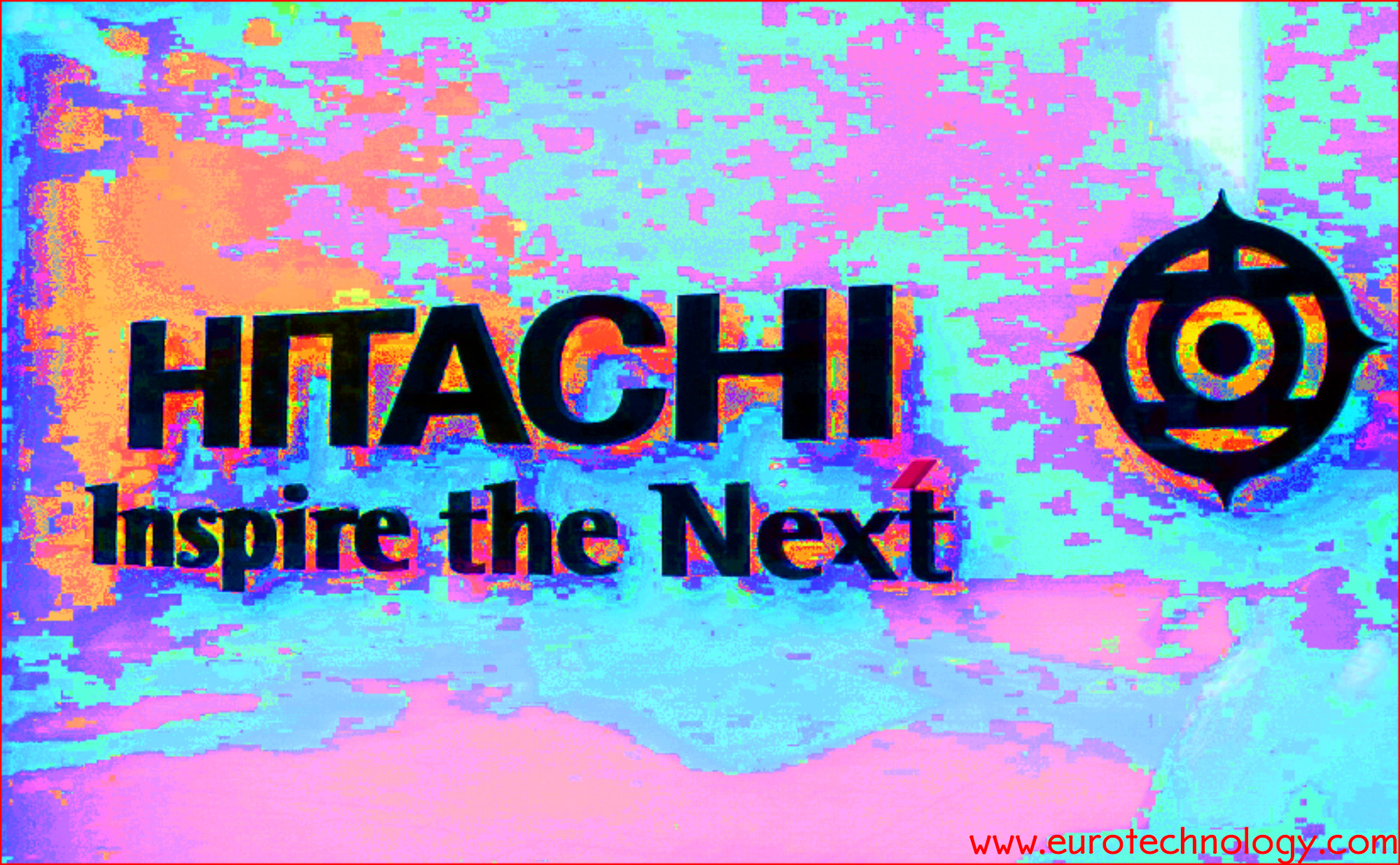
ISOLITE acquired by Hitachi Chemical from private equity fund HQ Equita and others
Private equity fund HQ Equita had acquired ISOLITE in 2010, now sells to Hitachi Chemical by Gerhard Fasol ISOLITE acquired by Hitachi Chemical to build global speciality insulation materials group ISOLITE acquired by Hitachi Chemical from private equity fund HQ Equita, as announced on 27 and 28 April 2017. Isolite – High Temperature Solutions Isolite…
-

Nippon Electric Glass acquires PPG’s European fibre glass operations
Nippon Electric Glass acquires PPG glass fibre manufacturing and R&D in Hoogezand (Netherlands) and Wigan (UK) Reinforcement materials for transportation, energy, infrastructure and consumer markets On June 20, 2016 PPG and Nippon Electric Glass (NEG, TYO:5214) announced that Nippon Electric Glass will acquire PPG’s European fibre glass operations, subject to employee consultations, regulatory and other…
-
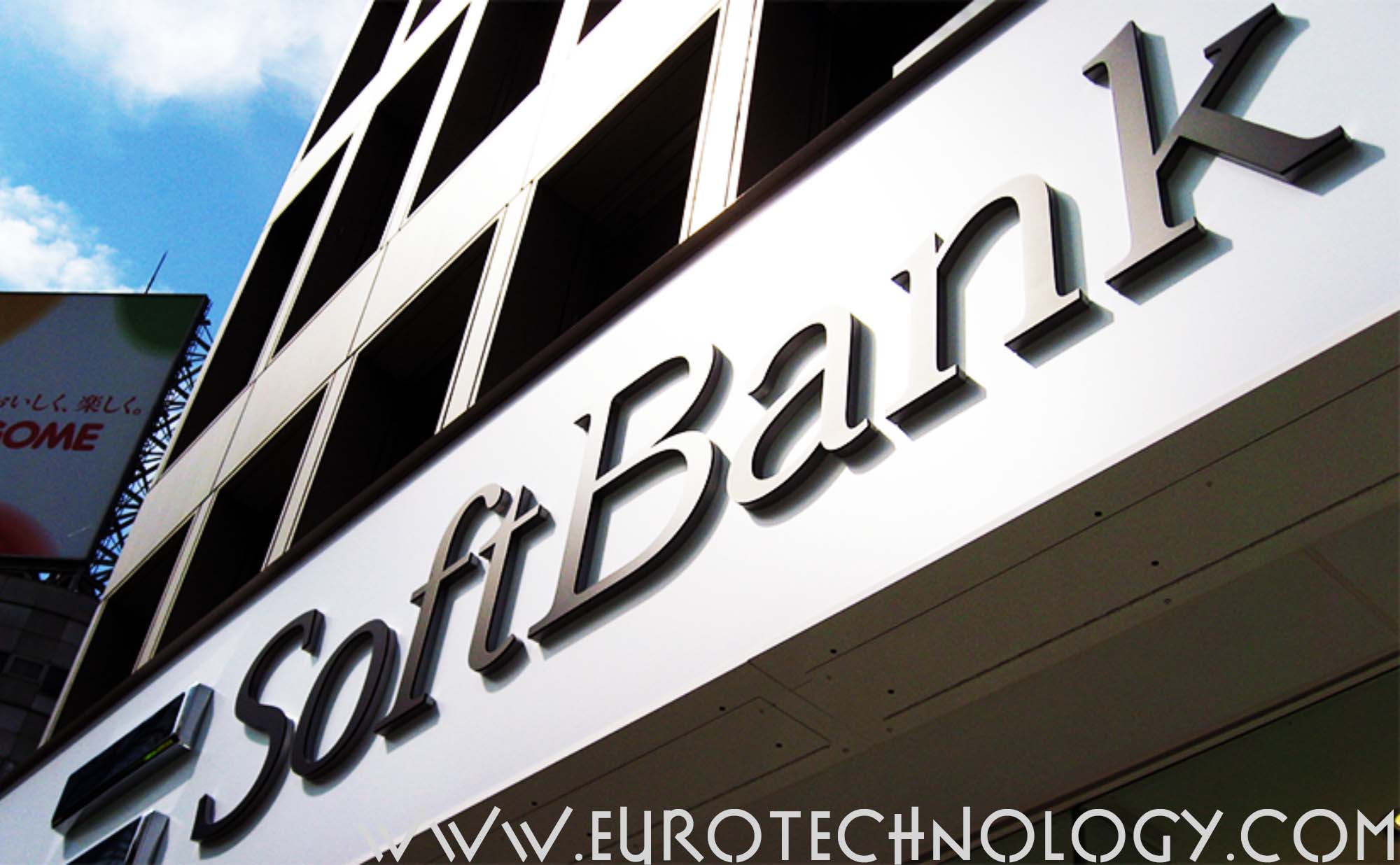
SoftBank acquires ARM Holdings plc driven by paradigm shift to Internet of Things (IoT)
On 18 July 2016 SoftBank announced to acquire ARM Holdings plc for £17 per share, corresponding to £24.0 billion (US$ 31.4 billion) by Gerhard Fasol SoftBank acquires ARM: acquisition completed on 5 September 2016, following 10 years of “unreciprocated love” for ARM On 18 July 2016 SoftBank announced a “Strategic Agreement”, that SoftBank plans to…
-

Toray acquires Delta-Tech SpA to expand carbon fiber business in Europe
Toray acquires Delta-Tech: 55% of Italian fiber manufacturer Delta-Tech SpA including Delta-Preg SpA Toray management program Project AP-G 2016: “thorough implementation of growth strategy through innovation and aggressive management” Toray acquires Delta-Tech: acquires 55% of outstanding shares of the Italian prepreg manufacturer Delta-Tech SpA including the fully owned subsidiary Delta-Preg SpA. Delta-Tech SpA and Delta-Preg…
-
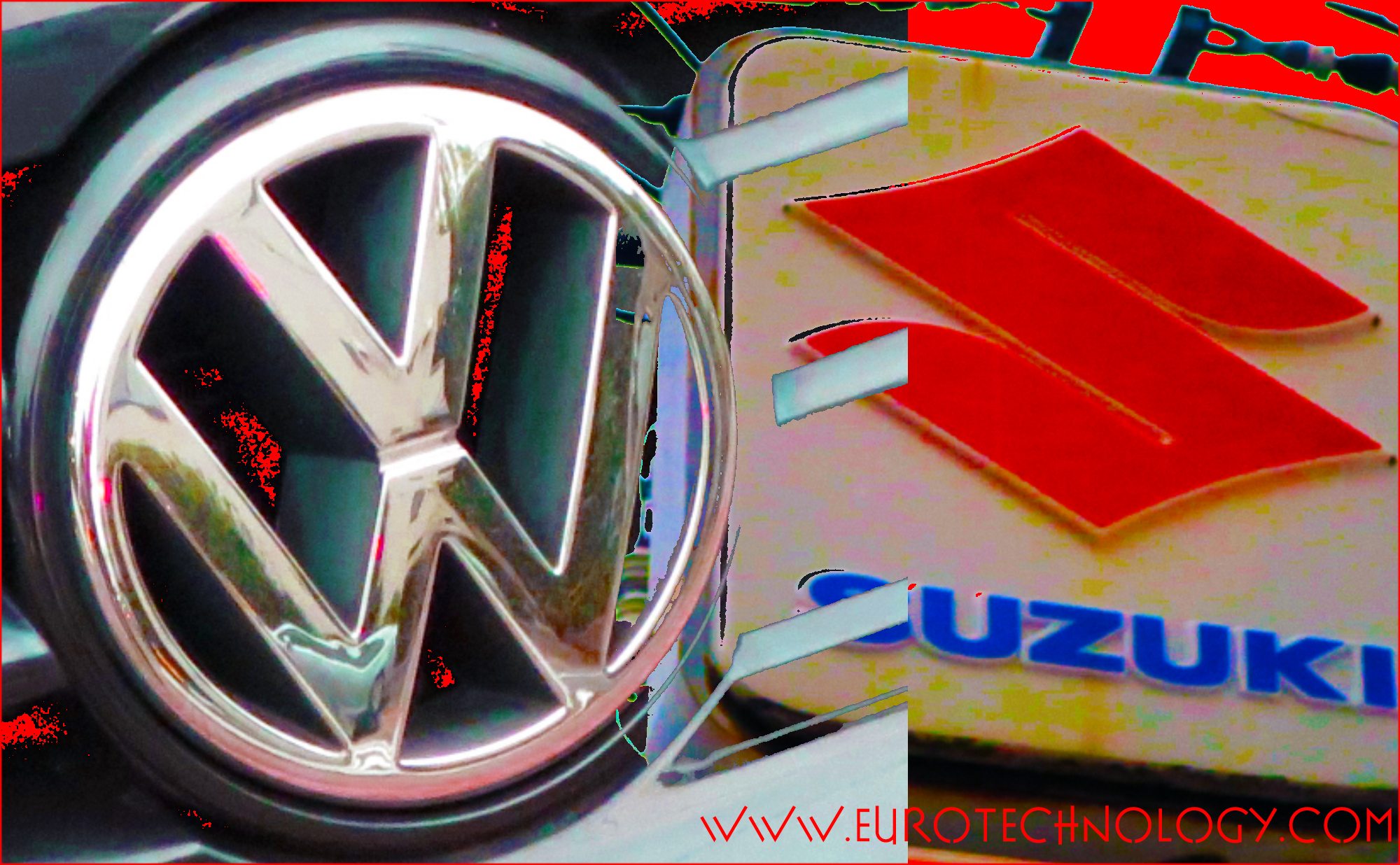
Suzuki Volkswagen “Wagen-san” divorce: a teachable moment
“Mr. Suzuki didn’t want to be a VW employee, and that’s understandable” (Prof. Dudenhoeffer via Bloomberg) Suzuki Volkswagen divorce: Volkswagen makes approx US$ 1.3 billion profit, Suzuki comes out more or less even by Gerhard Fasol, All Rights Reserved. 18 September 2015, updated: 27 September 2015 A smiling Martin Winterkorn and Osamu Suzuki (79 years…
-

Hitachi Rail Europe Ltd opens £82 million train factory in Newton Aycliffe, County Durham, UK
Hitachi received orders for 866 Intercity Express Program (IEP) carriages and for 234 carriages for Abellio’s ScotRail program, following 174 “Javelin” carriages Hitachi Rail putting competitive pressure on Europe’s rail established rail manufacturers: Hitachi Rail has “on time delivery” at the top of the list of commitments to customers by Gerhard Fasol Winning a series…
-
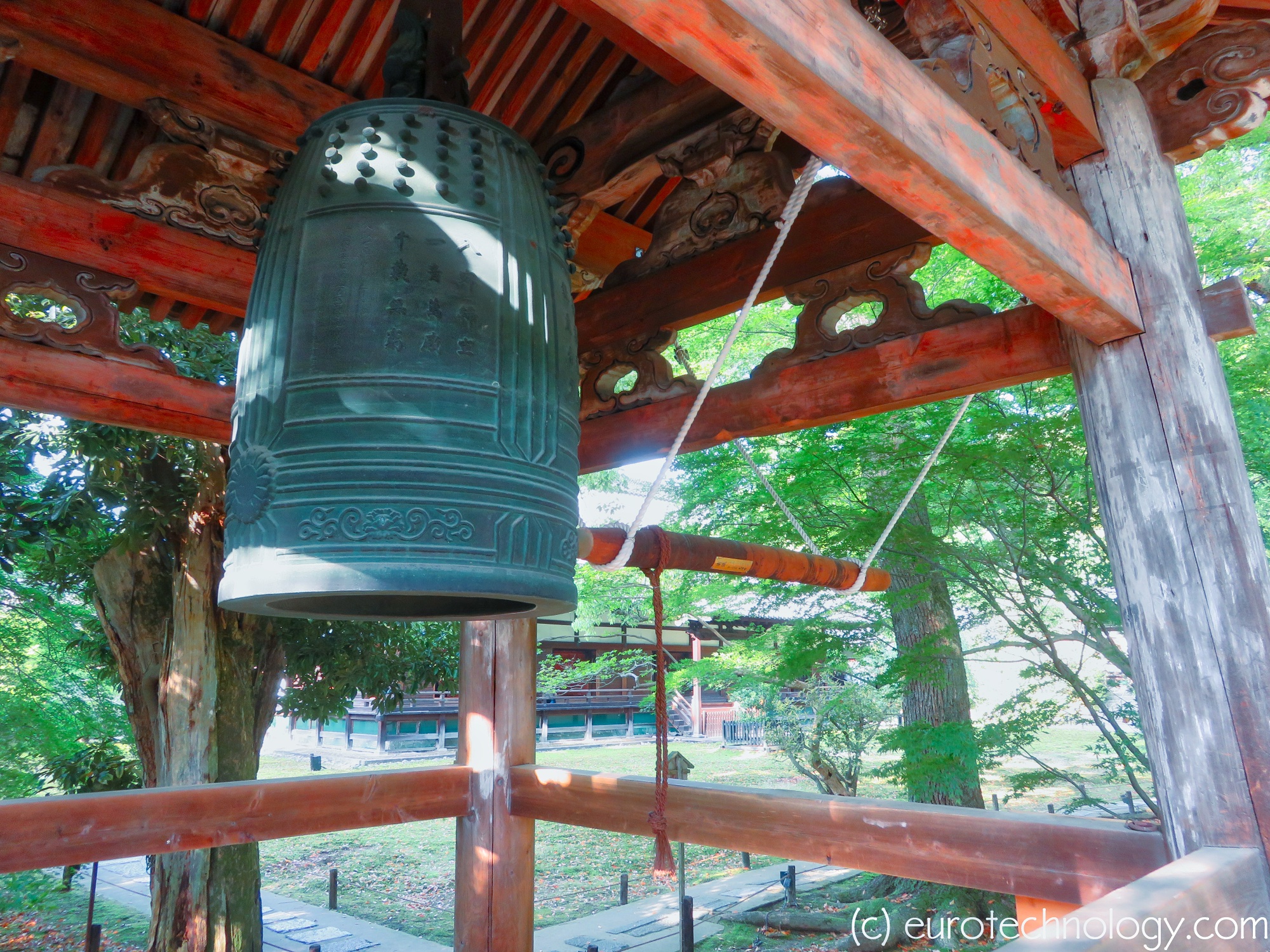
Mitsui Sumitomo Insurance Company to acquire UK insurance company Amlin
Amlin is an insurer operating the second largest syndicate in London’s Lloyd’s insurance market by Gerhard Fasol Mitsui Sumitomo Insurance Company acquires Amlin for 2.5 billion pounds (approx. US$ 3.85 billion or ¥642 billion) On Tuesday, September 8, 2015, Mitsui Sumitomo Insurance Company announced the planned acquisition of London based insurer Amlin plc for 2.5…
-
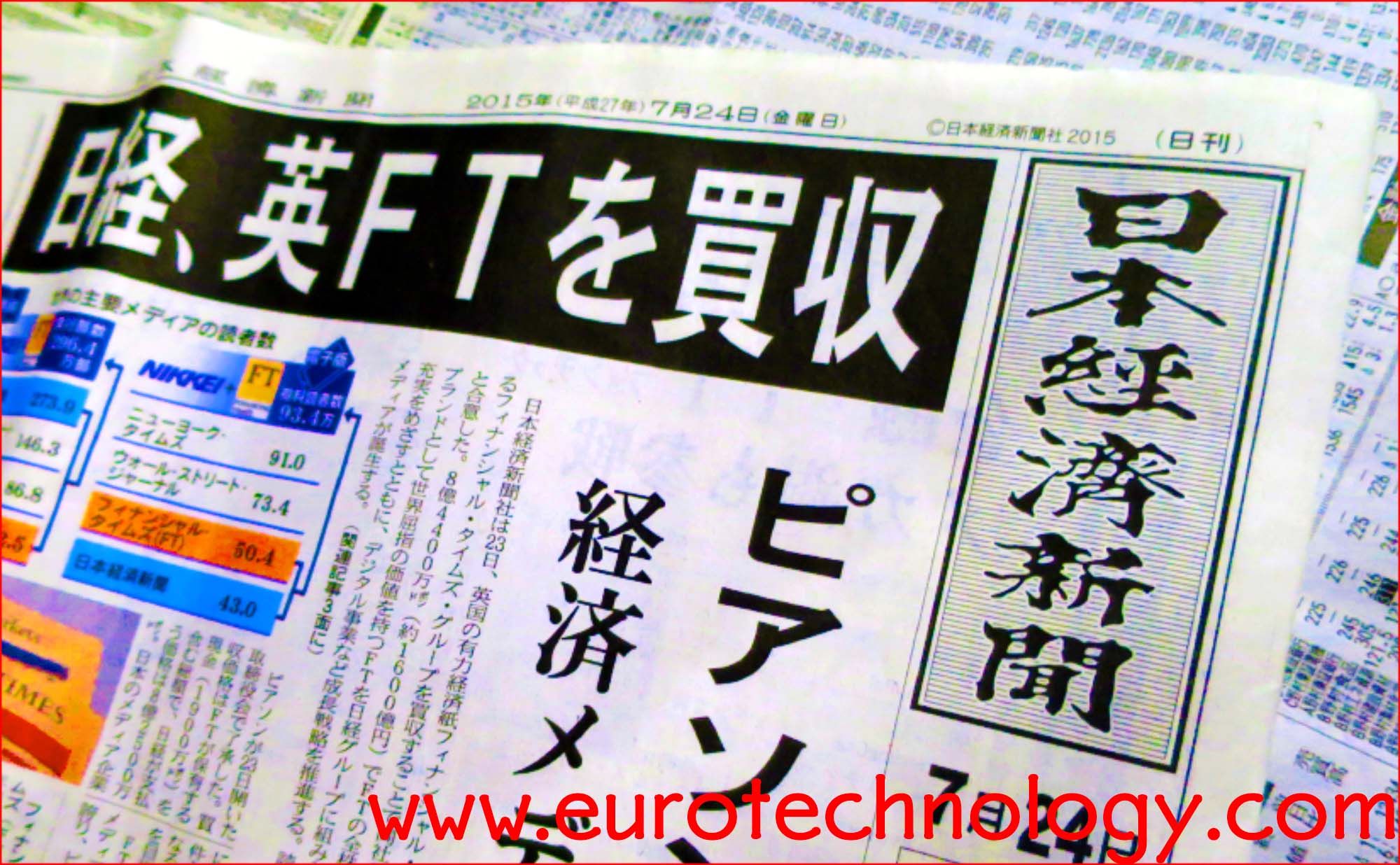
Financial Times to be sold to Nihon Keizai Shinbun Corporation (株式会社日本経済新聞社, Nikkei Inc.)
Nikkei won the race. Axel Springer withdrew. £ 94 million made the difference. by Gerhard Fasol On July 23, 2015 at 15:13 (3:13 pm) British Summer Time, Pearson and Nihon Keizai Shinbun Corporation announced the sale of the Financial Times Newspaper to Nihon Keizai Shinbun Corporation for £ 844 million (approx. US$ 1.3 billion) –…
-
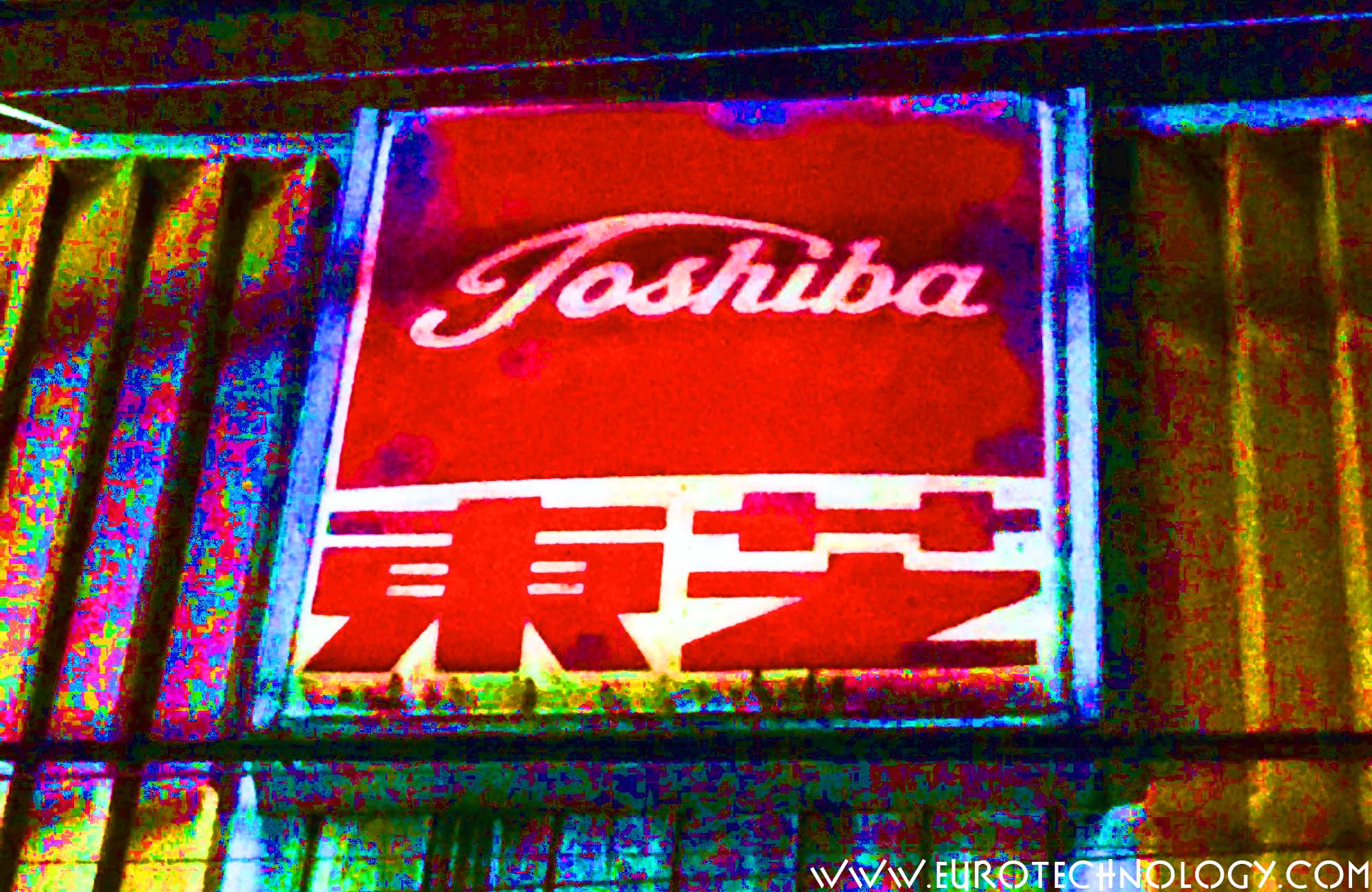
TOSHIBA sells KONE holding for approx. US$ 0.95 billion
Toshiba sells its 4.6% holding in Finnish elevator company KONE by Gerhard Fasol TOSHIBA sells KONE holding – fall-out from Toshiba’s accounting issues TOSHIBA sells KONE holding: In the wake of Toshiba’s accounting issues, Toshiba announced the sale of its 24,186,720 shares, corresponding to a 4.6% holding in Finnish elevator company KONE for EURO 864.7…
-
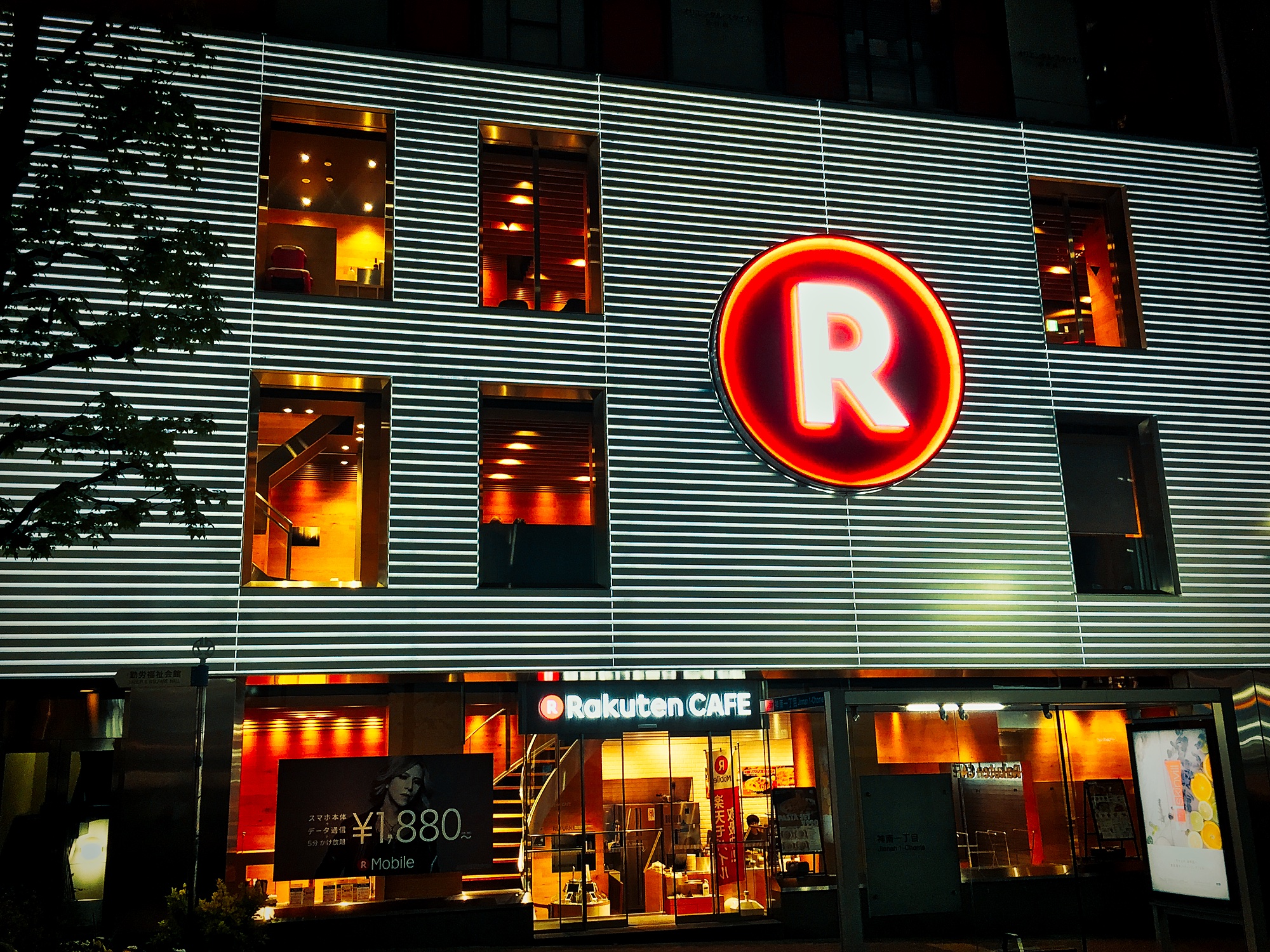
Fits.me acquired by Rakuten
Rakuten continues worldwide acquisitions to globalize by Gerhard Fasol acquired London based virtual fitting room mannequin venture Fits.me Rakuten, Japan’s largest e-commerce + e-finance group, is acquiring many companies around the world both to acquire technology, and to acquire e-commerce capabilities outside Japan in order to globalize. Find some of Rakuten’s recent acquisitions in Europe…
-
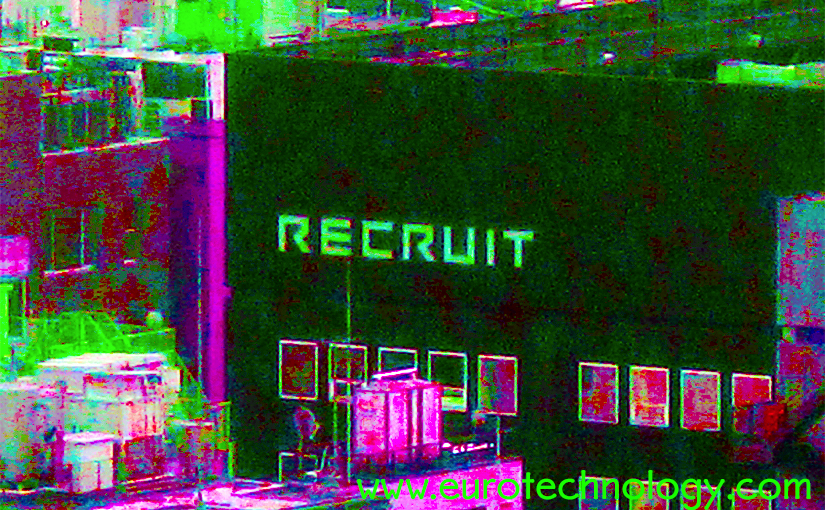
Quipper acquired by Japanese media giant Recruit for US$ 39 million
EdTech venture Quipper was founded 2010 by DeNA veteran Masayuki Watanabe (渡辺雅之) in London by Gerhard Fasol Recruit expands from classified-type magazine sites into education On April 1, 2015, Japanese media giant Recruit acquired London based but largely Japanese managed EdTech venture Quipper for US$ 39 million, providing good returns for three investors, Atomico, Benesse…
-
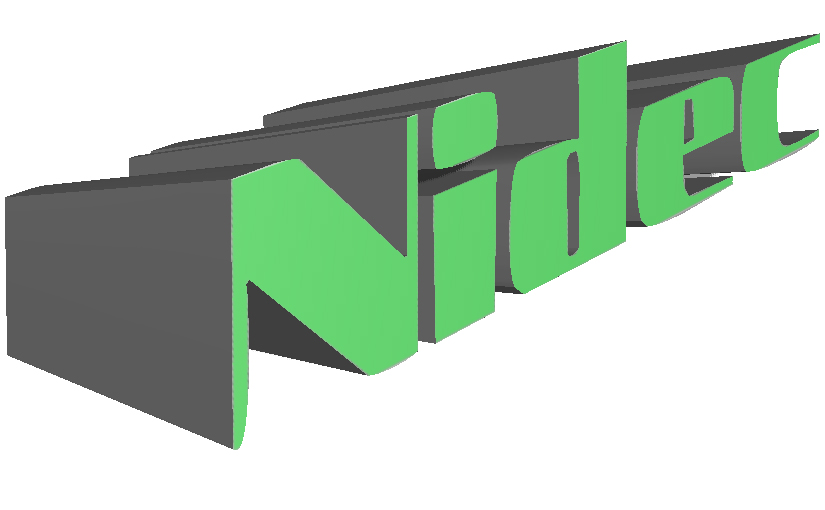
Nidec acquires automotive pump company Geräte- und Pumpenbau GmbH Dr. Eugen Schmidt
Electrical water pumps (EWP), electrical oil pumps (EOP) “for everything that spins and moves” by Gerhard Fasol Nidec acquires German pump manufacturer Geräte- und Pumpenbau GmbH Dr. Eugen Schmidt via the subsidiary Nidec Motors & Actuators (Germany) GmbH (“NMA(G)”) on February 2, 2015. Geräte- und Pumpenbau GmbH Dr. Eugen Schmidt and subsidiaries have been renamed:…
-

Nidec acquires power generators manufacturer Motortecnica s.r.l.
Nidec continues acquisitions in Europe in the motor and electrical equipment sector Nidec: “for everything that spins and moves” Nidec acquired the Italian electrical machinery construction and repair company Motortecnica s.r.l. on May 15, 2015 via its Italian subsidiary Nidec ASI S.p.A. (formerly, Ansaldo Sistemi Industriali S.p.A), which Nidec had acquired in May 2012. Motortecnica…
-
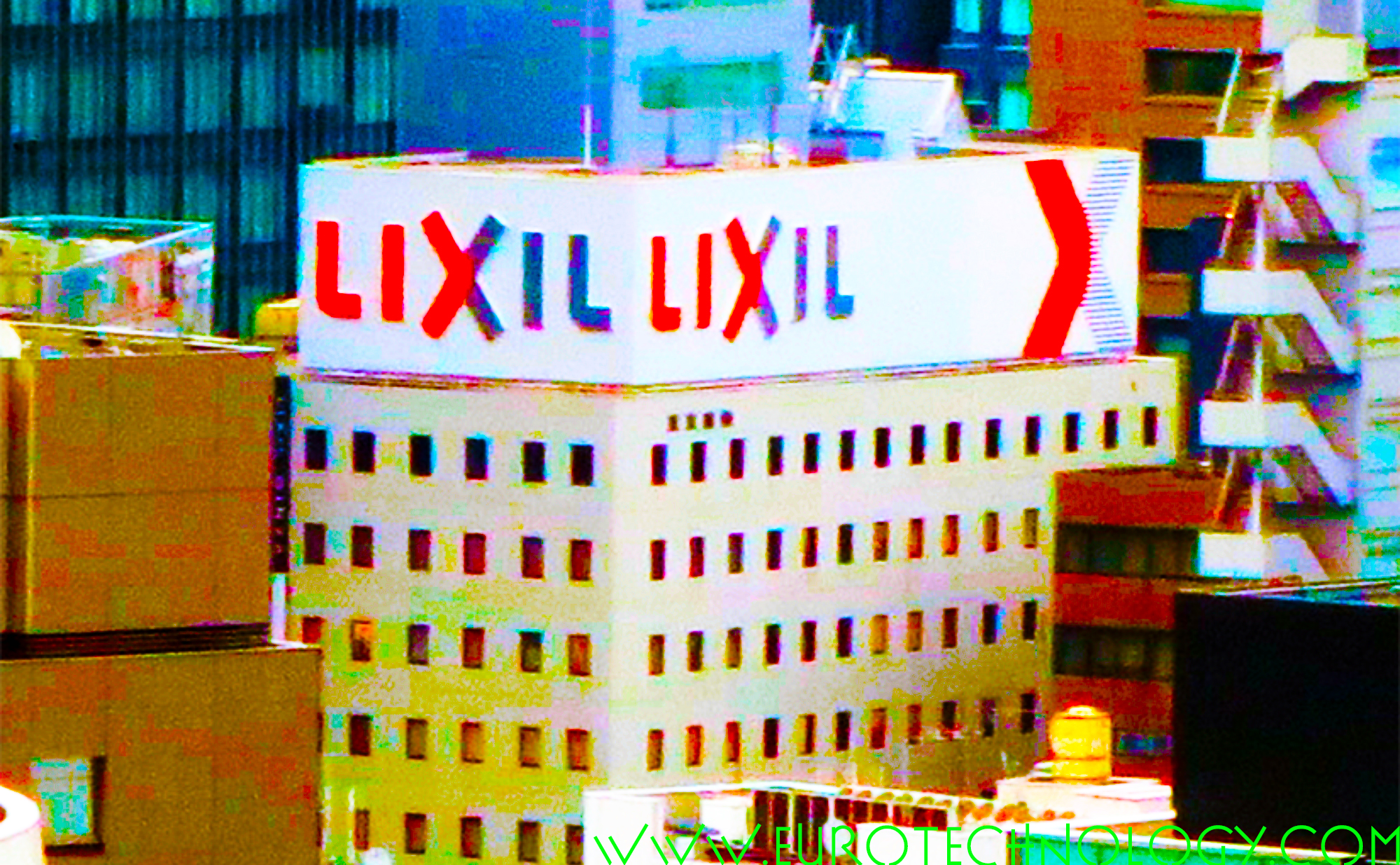
LIXIL announces losses of YEN 33.2 billion (US$ 265 million) due to Joyou AG’s insolvency filing
LIXIL (“Link to good living”) acquired approx. 70% of German listed Chinese subsidiary Joyou AG via the GROHE acquisition Joyou AG files for bankruptcy On January 21, 2014, LIXIL had acquired 87.5% of the German bath fixtures company GROHE Group (“Pure Freude am Wasser”). The GROHE Group owns 72.3% of Joyou AG, thus Joyou AG…
-
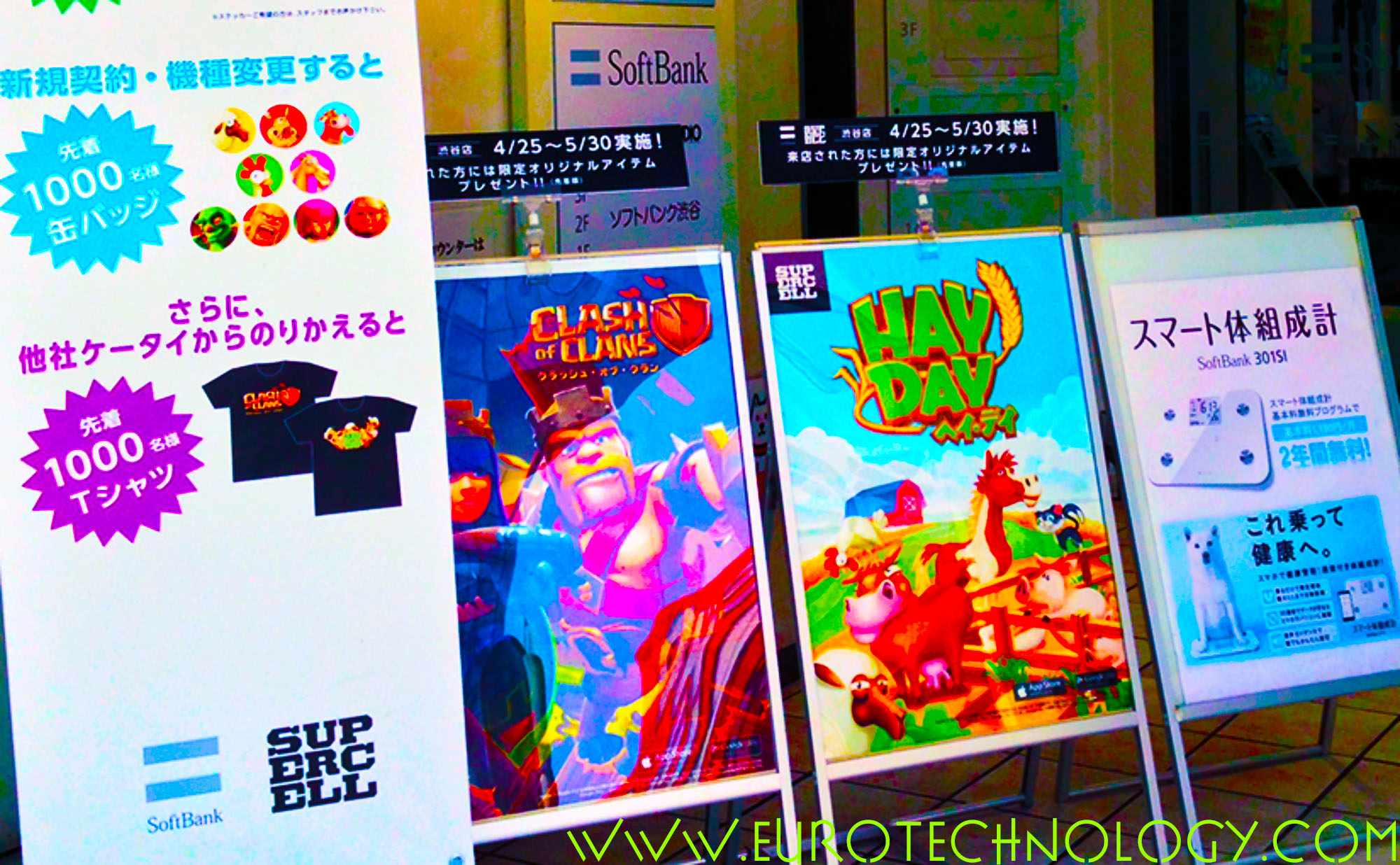
Supercell: Softbank increases ownership to 73.2%
Supercell valued at US$ 5.3 billion Softbank and GungHo jointly acquired 51% in October 2013 for US$ 1.5 billion by Gerhard Fasol On June 1, 2015, SoftBank announced an investment to increase the ownership of Supercell stock from 50.5% to 73.2% on a fully diluted basis. This transaction had closed on May 29, 2015. While…
-

abaGada, Israeli digital performance agency, acquired by Dentsu and to be rebranded as iProspect
Dentsu continues acquisition of digital and mobile agencies in Europe and Israel To overcome cultural issues of a traditional Japanese leading corporation, Dentsu acquires via London based Dentsu Aegis Network by Gerhard Fasol On April 20, 2015 Dentsu announced another investment in its quest to strengthen its global footprint and to strengthen capabilities in mobile…
-

Nippon Life Insurance partners with AXA Life Insurance
Nippon Life Insurance (日本生命保険相互会社) acquires 1% of stock of AXA Life Insurance Nippon Life Insurance and AXA to jointly offer health insurance product Medi-AxN Nippon Life Insurance (日本生命保険相互会社) and AXA Life Insurance announced a partnership, and Nippon Life intends to acquire 1% of outstanding shares of AXA Life Insurance to develop a long-term partnership. Currently…
-
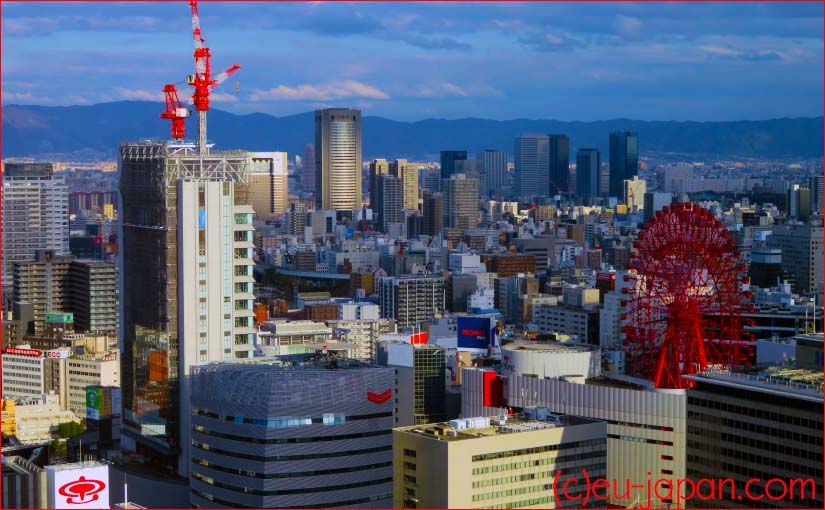
Sompo Japan Nipponkoa Holdings Inc to acquire 15% of French reinsurer Scor SE
Sompo continues globalization Sompo to acquire 15% of Scor SE for approx. US$ 915 million On March 6, 2015, Sompo Japan Nipponkoa Holdings Inc (損保ジャパン日本興亜ホールディングス株式会社) announced the investment in the French reinsurer Scor SE, as follows: Acquisition of 15% share holding corresponds to approx. € 0.83 billion (= US$ 0.9 billion) based on the current…
-
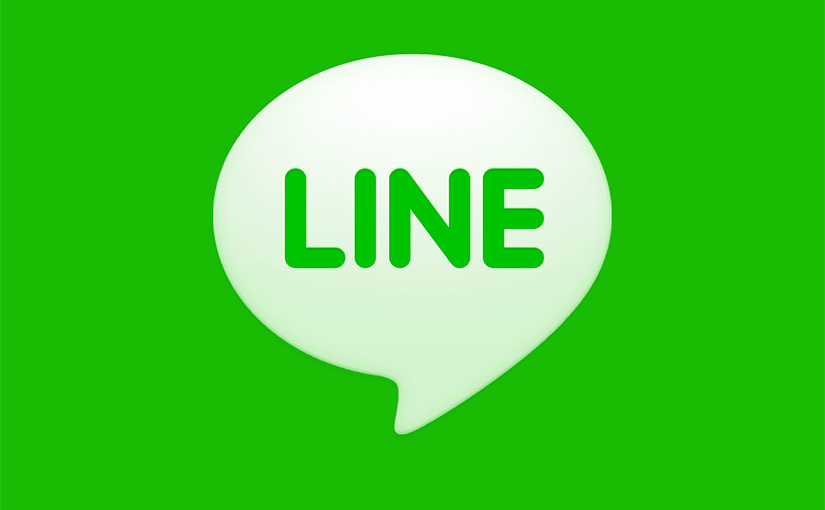
MixRadio: from Nokia to Microsoft to LINE
Messaging giant LINE continuous globalization MixRadio will complement LINE’s local Japanese LINE Music service by Gerhard Fasol In December 2014, LINE and Microsoft announced that LINE will acquire the streaming music service MixRadio from Microsoft. LINE already operates a Japan-only streaming music service “LINE Music”. Since music licensing is largely country or region specific, with…
